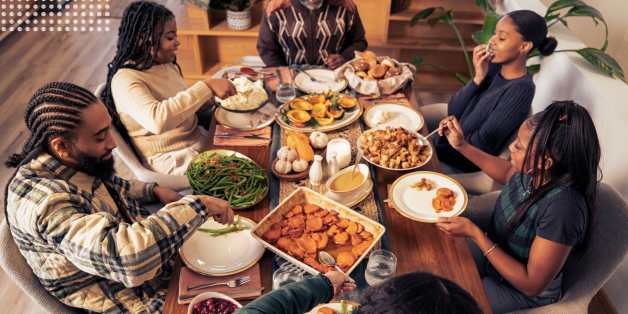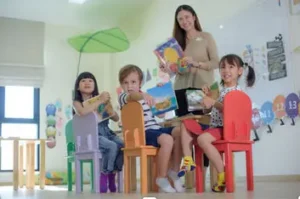
Keeping Joy at the Center
Hello Parenting Partners,
The holidays are around the corner, and for co-parents, that often brings one big question: How do we create joyful celebrations for our children when they are loved and parented in two homes?
Birthdays, holidays, and milestones should be moments of excitement—but without mindful communication, they can also bring confusion, stress, or comparison. The goal isn’t to have the “better” celebration—it’s to raise emotionally secure children who feel loved in both homes.
Low-Conflict Co-Parenting vs. High-Conflict Co-Parenting During Special Occasions
Celebrating as co-parents looks very different depending on your dynamic.
Low-Conflict Co-Parenting
In low-conflict co-parenting relationships, communication is open, respectful, and child-centered. Parents can often plan together, share traditions, or even celebrate jointly when appropriate. Children benefit by witnessing cooperation and feeling a sense of family continuity.
Examples:
- Joint birthday gatherings
- Shared gift planning
- Coordinating traditions (even if celebrated separately)
High-Conflict Co-Parenting
In high-conflict co-parenting relationships, joint planning may not be realistic—and that’s okay. The focus shifts from collaboration to structure and boundaries. Parallel celebrations, clear plans, and reduced direct communication help minimize tension for the child.
Examples:
- Separate celebrations with no competition or comparison
- Using co-parenting apps or written communication only
- Establishing consistent expectations to avoid stress
Key takeaway: The celebration style doesn’t define the love—emotional safety and peace do.
Focus on Presence, Not Performance
It’s natural to want to make your child feel special. But children don’t need two grand parties, piles of gifts, or social-media-perfect moments.
What they truly need is:
- Quality time
- Emotional presence
- Warm traditions
- A stress-free environment

Plan Ahead & Communicate Clearly
Start conversations early to reduce misunderstandings. Discuss:
- Where the child will celebrate
- Whether there will be one party or two
- Gift expectations
- Special traditions or family customs

Celebrate Together—If It Works for Your Family
If you’re in a low-conflict co-parenting situation, a joint celebration can be a powerful reminder to your child that they are at the center of two supportive homes.
If that’s not realistic, that’s okay too. Two separate celebrations can be just as meaningful, as long as there is no competition or comparison.

Create Meaningful Traditions
Traditions don’t need to be big—they need to be heartfelt. Consider meaningful rituals like:
- Baking a cake together
- Adding a note to a birthday memory jar
- Taking a yearly nature walk or movie night
- Writing a birthday letter each year

Keep Your Child's Emotional Experience First
Avoid comparing or criticizing the other parent’s celebration. Children should never feel caught in the middle or pressured to choose who did it “better.”
When we protect our child’s emotional world, we teach them confidence, security, and resilience.

A Note from Detrice
As we enter this season of love and giving, let’s remember that the greatest gift we can offer our children is emotional safety and a sense of belonging. Whether celebrations happen together or separately, our goal is the same: to raise happy, secure children who feel deeply loved in both homes.
Let’s make this season filled with warmth, connection, and joyful memories—no matter which home the celebration happens in.
Join Our Co-Parenting Community
Get tools, guidance, and support for creating a healthy co-parenting journey. Together, we build peace. Together, we prioritize our children.




